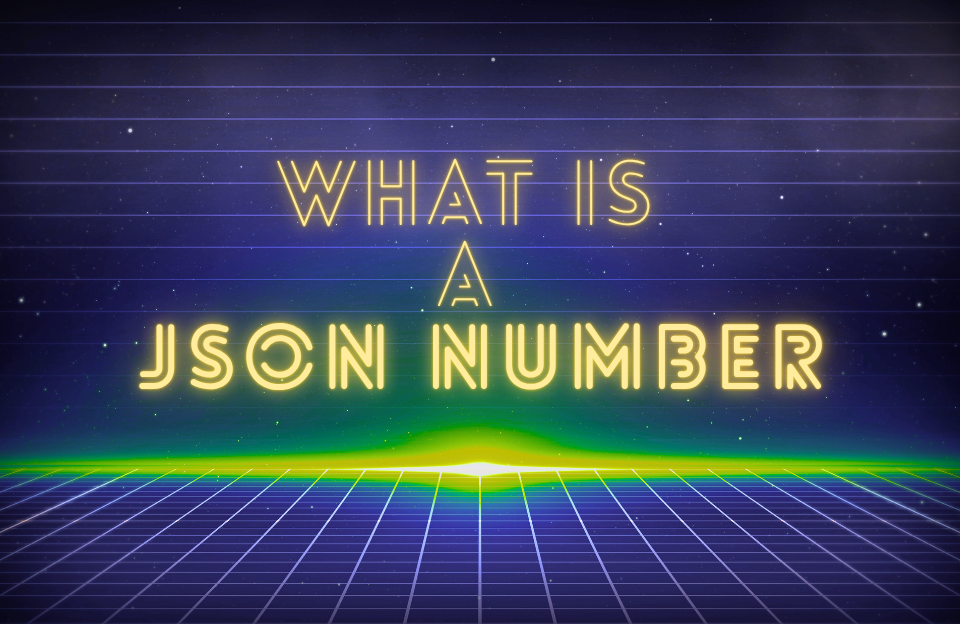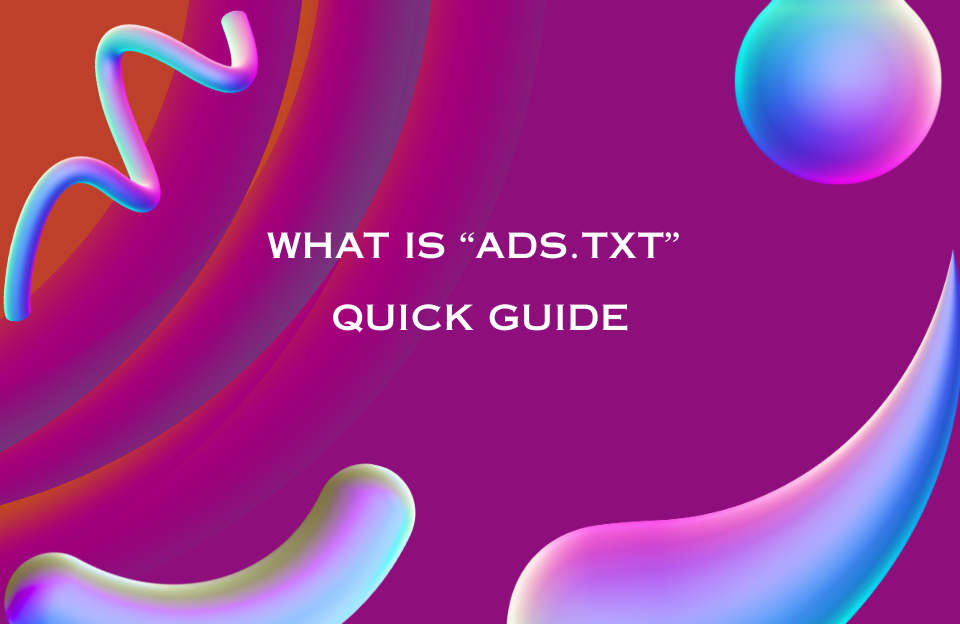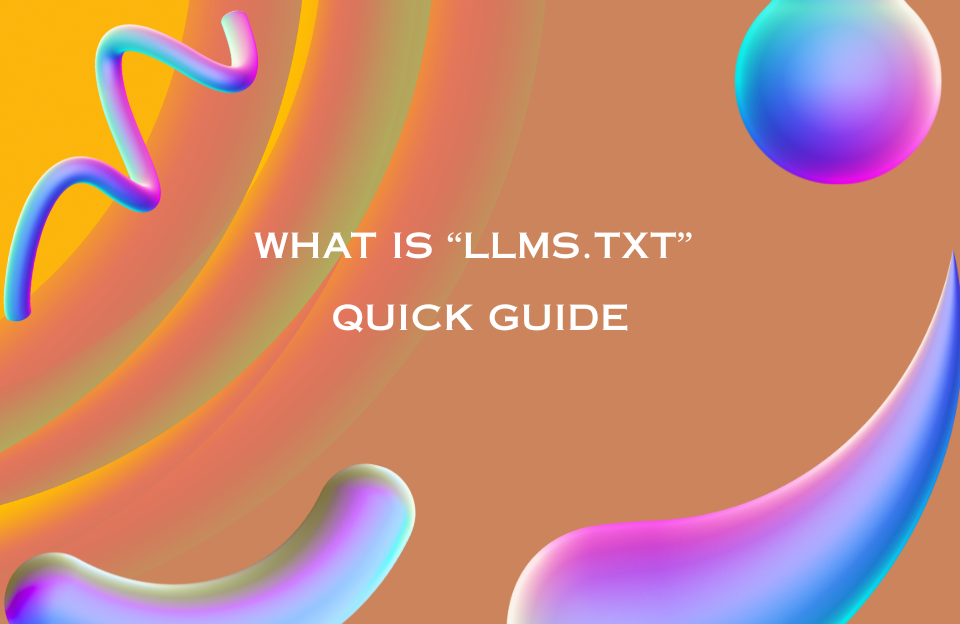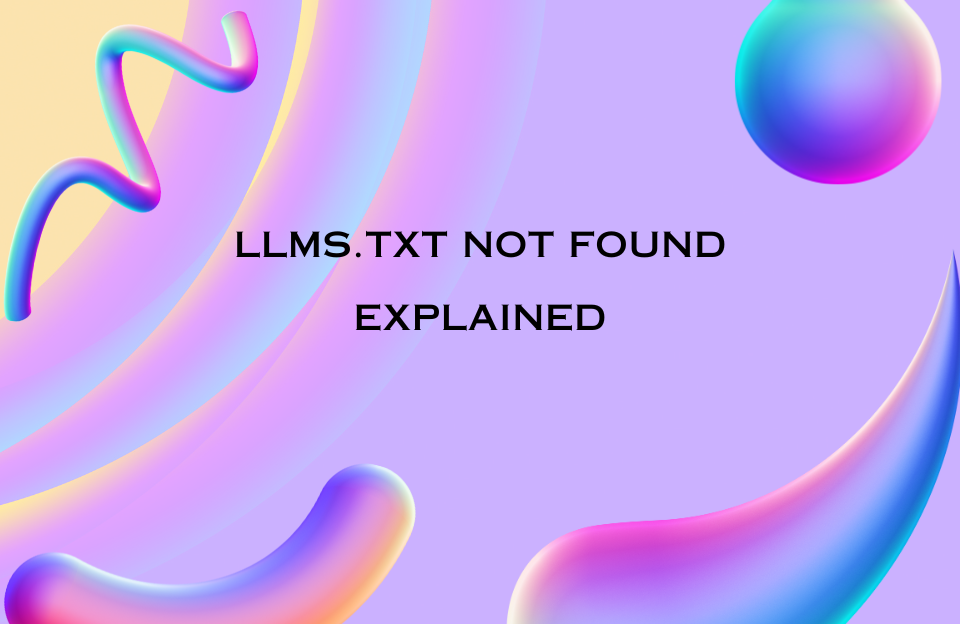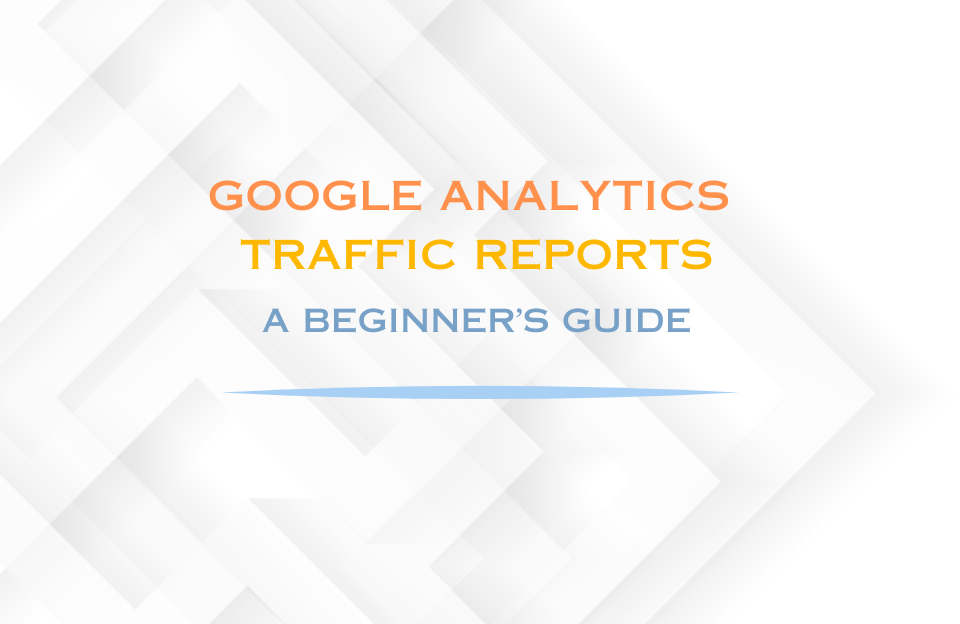Understanding the Number Data Type in JSON
The Number data type in JSON is used to represent numeric values such as age, quantity, score, price, and measurements. Whether you’re building an API, configuring settings, or exchanging structured data, numbers are an essential part of JSON’s format.
What Is a Number in JSON?
JSON numbers can be written as integers or floating-point values. They are not enclosed in quotation marks—doing so would turn them into strings, not numbers.
{
"age": 30,
"price": 19.99,
"score": -5,
"discountRate": 0.15
}This format makes it easy for machines to parse numerical values and perform arithmetic operations on them.
Types of Numbers Allowed in JSON
JSON only supports one general number type, but it can include:
- Integers: Whole numbers without decimals (e.g.,
10,-7) - Floats: Numbers with decimals (e.g.,
3.14,-0.99) - Exponential notation: Scientific format (e.g.,
1.23e+5equals 123000)
{
"population": 123456789,
"pi": 3.14159,
"lightSpeed": 2.998e8
}Rules for JSON Numbers
- No quotes are allowed around number values.
- Leading zeros are not allowed (e.g.,
012is invalid). - Commas inside numbers are not permitted (e.g.,
1,000is invalid — use1000). - No special number formats like currency symbols (
$) or percentage signs (%).
Common Use Cases for Numbers in JSON
Numbers are commonly used in JSON to represent:
- Quantities (e.g.,
"stock": 120) - Pricing and finance (e.g.,
"price": 59.99) - Measurements (e.g.,
"weight": 2.5) - Ratings and scores (e.g.,
"rating": 4.7) - IDs (if purely numeric, e.g.,
"orderId": 123456)
Valid vs. Invalid Number Examples
| Example | Valid? | Reason |
|---|---|---|
42 | ✅ | Valid integer |
3.14 | ✅ | Valid float |
"42" | ❌ | Quoted, so it’s a string |
012 | ❌ | Leading zero is invalid |
1,000 | ❌ | Commas are not allowed in JSON numbers |
Best Practices for Using Numbers in JSON
- Use numbers only when the value will be used for calculations or comparisons.
- For zip codes, phone numbers, and IDs that contain leading zeros or require fixed formatting, use strings instead.
- Validate your JSON data to ensure numeric values are correctly formatted.
What About Big Numbers?
JSON itself supports large numeric values, but different programming languages have different limits. For example, JavaScript uses 64-bit floating-point numbers, which means it may lose precision on very large integers.
{
"largeNumber": 12345678901234567890 // May lose precision in some languages
}In cases like these, consider storing the value as a string to preserve its exact representation.
Summary
The Number data type in JSON is used for all numeric values,
